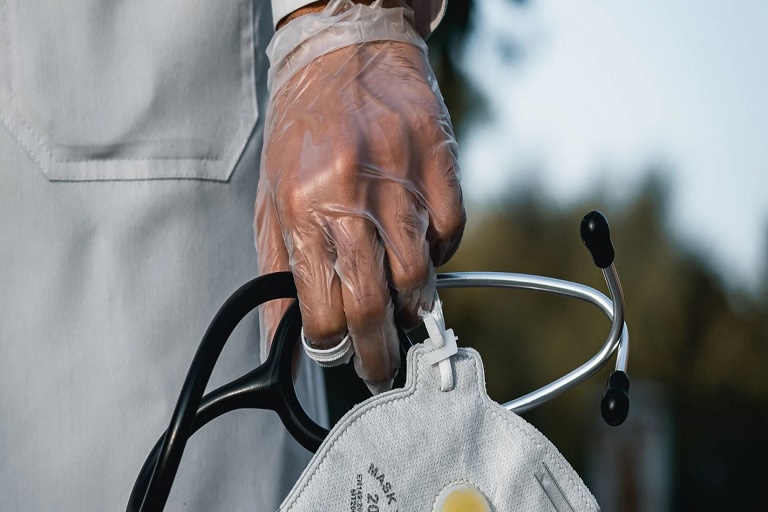The ongoing COVID-19 pandemic plaguing countries worldwide has created unprecedented change for the global economy, especially healthcare institutions at the forefront. Hospitals across the world are facing never before seen challenges that has accelerated the development of technological innovations. As we navigate the complexities of the virus and the amount of disruption it has brought about, one thing is certain – COVID-19 will be with us for the foreseeable future. We should now focus our efforts on this new reality and how we can achieve a sense of normalcy.
Defining an eHealth strategy and preparing IT infrastructure
In today’s age, clinical information systems have become ubiquitous and indispensable in the care delivery process. This is now a given. Data is key to accelerate research and ultimately improve the care process and outcomes for the patients. This is heightened in crisis situations where the world demands real-time information around the clock, which the COVID-19 pandemic has highlighted is what ultimately crucial to the front-line clinicians providing care. The disease is evolving, the scientific discovery is fluid and voluminous, the patient needs are overwhelming, and the healthcare system isn’t prepared. How can the healthcare ecosystem learn and be better prepared to react to acute changes and evolving needs in medical care?
A pandemic crisis speeds up delivery and accentuates the weakness in the healthcare system. The dynamic nature of the disease puts a strain on the entire health system. As the healthcare system reacts, ultimately, preparing and equipping the frontline caregivers is where impact is made for the patients and the population being served.
Here are the stress points where information system and digitalization can provide significant benefit across the entire care delivery continuum. All digital capabilities and clinical knowledgebase need to be accessible in real time, evolving and keeping up with the changing nature of the illness. Health crises such as COVID-19 highlighted the importance of these digital processes and capabilities in responding rapidly to the health care needs. The care teams and the patients are depending on it. Bare minimum, the following are key areas where information technology can bring clinical knowledge to those clinicians providing care where and when they are needed the most:
- Access to the source of the latest research and guidelines often at the point-of-care.
- The latest practice guidelines available at the point-of-care for clinical decision support and improve the efficiency of ordering and care planning.
- Nurses and medical students have to adapt the learning priorities and make sure their knowledge and skills are abreast to the requirements of the crisis. Learning will be asynchronous and often remote.
- Staffing shortages and shifting care teams require a way for clinicians to refresh and review skills and even learn new skills to equip them for different clinical scenarios and re-assignments.
Rethinking processes and managing change
Clinical leadership needs to equip the clinical teams through process and policies with the digital tools to ensure safe and quality care are aligned with the latest knowledge. Data ultimately informs the leadership and provides the important practice-based knowledge for both clinical process improvement as well as research.
Democratizing knowledge to enhance patient care
From the onset of COVID-19 till today, there are many uncertainties around this novel disease. Over 19,000 pieces of global literature have published as of May 2020 and this research needs to make their way to healthcare professionals so that the degree of knowledge variability is minimized. Healthcare professionals will seek trusted evidence-based knowledge partners for information on coronaviruses to corroborate clinical data with academic research, enabling better quality and safety for patient care. Some examples include free-to-access online knowledge hubs created by JAMA network, The Lancet, and even Elsevier, which contains the latest research papers and clinical advice on one platform specially curated by global health experts to assist healthcare professionals.
Conclusion
With the advent of digitalization, technology is an enabler in the whole COVID-19 pandemic and hospitals should sufficiently leverage it to bring about benefits for their institution and patients. To adapt to this new normal and the changes in the upcoming decade, hospitals should ensure that their infrastructure is sufficiently ready to cope with the advent of digitalization. This would include having interoperable health information systems, robust cybersecurity defenses and a digitally savvy healthcare workforce.









































